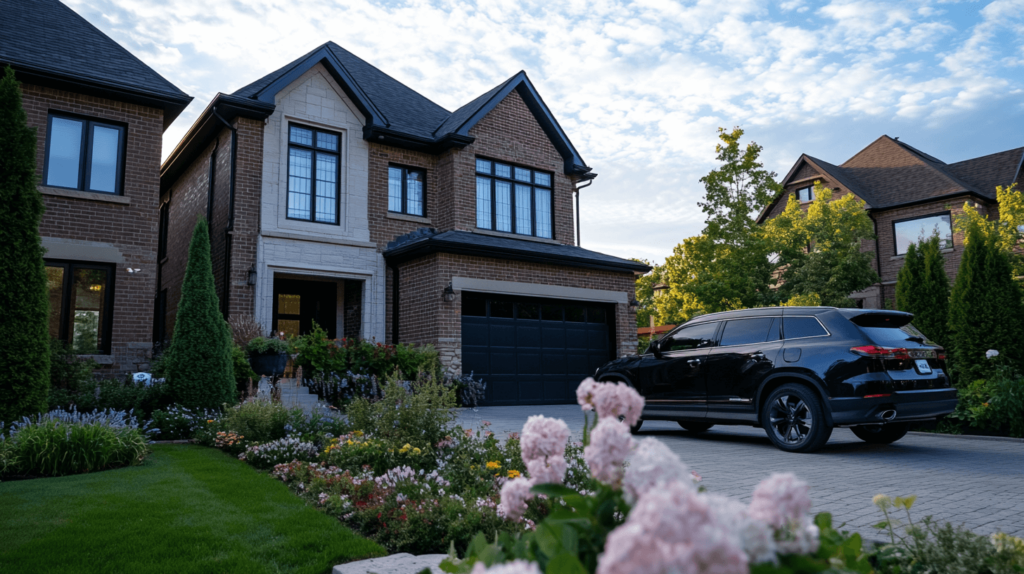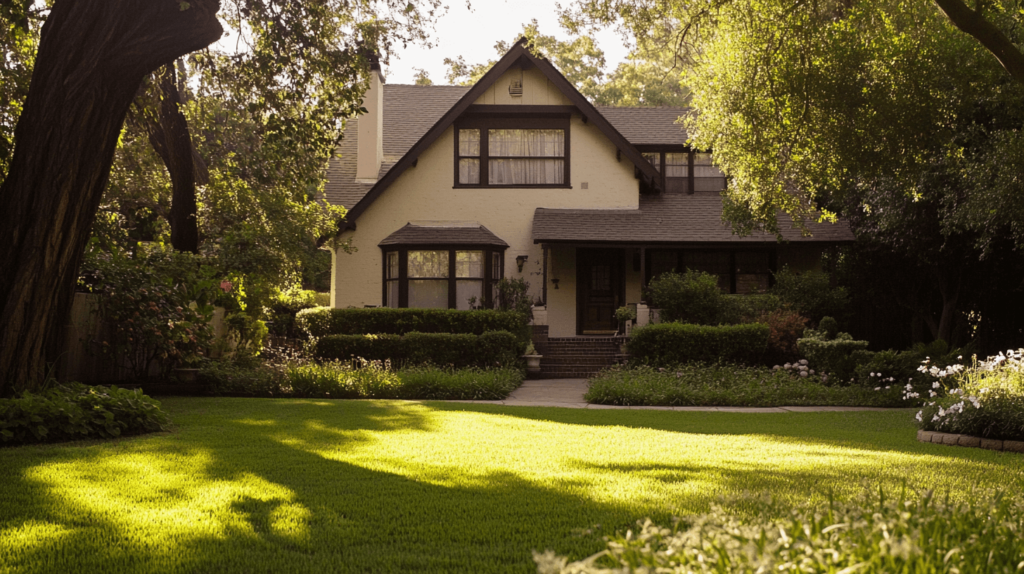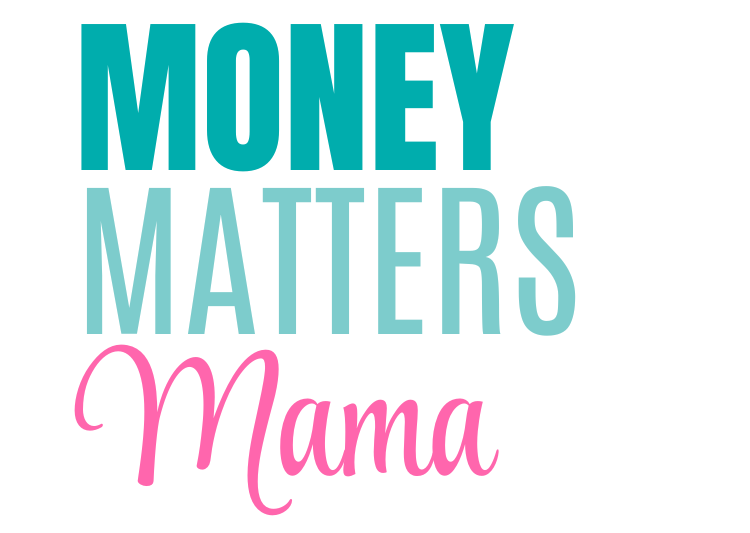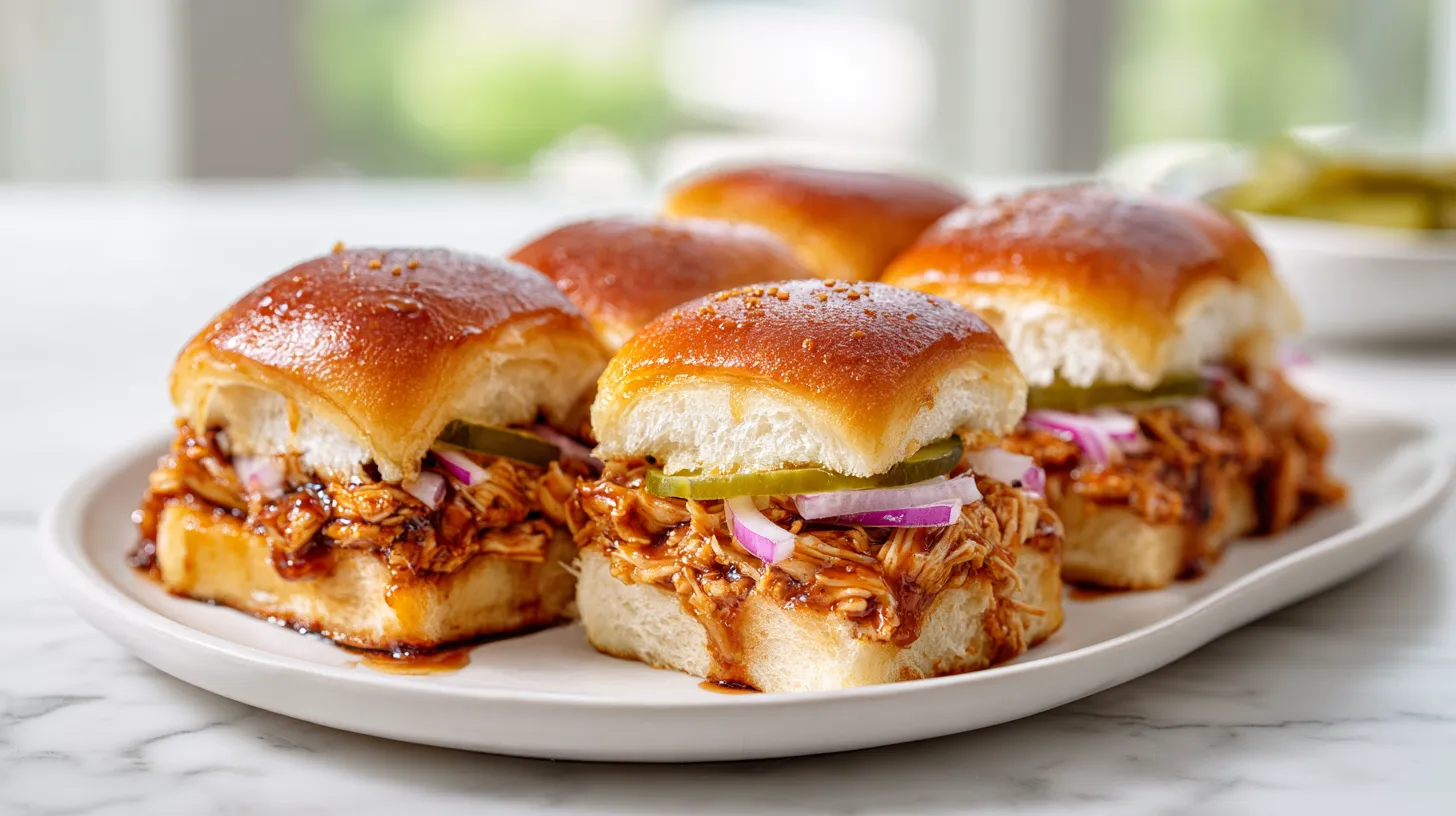Budgeting might sound overwhelming, but it’s really not as scary as it seems. It’s all about understanding where your money comes from, where it goes, and how to make it work for you. Budget 101 teaches you that you don’t need fancy tools or expert knowledge—just a little time and a plan.
Have you ever found yourself wondering where your paycheck went by the end of the month? That’s where budgeting steps in. It gives you a clear picture of your finances so you can stay on top of bills, save for goals, and still have money for the things you love.
Here’s what a good budget helps you do:
- Track your spending so you know where your money is going.
- Plan for expenses like bills, groceries, and savings goals.
- Set priorities for what’s most important to you.
This guide to Budget 101 will help you get started. From breaking down your income to managing expenses, you’ll learn the basics in a way that’s easy to follow and actually doable. Think of it like setting up a roadmap for your money—it’s not about cutting everything out, but about creating a plan that works for you.

This site includes affiliate links; you can check the disclosure for more details.
What is Budget 101?
Think of it like this: if you don’t know where your money is going, it’s easy to lose track. You might spend more than you realize on little things, like grabbing lunch out or that daily coffee run. Budget 101 is about fixing that. It’s understanding your money and putting it to work for you, instead of wondering where it all went.
When you set up a budget, you get a clear picture of your finances. You see exactly how much you have coming in and going out. It’s like a map that shows you where you are and helps you decide where you want to go.
Budgeting isn’t about saying no to every little thing. It’s about deciding what matters most. Do you want to save for a vacation? Pay off some debt? Or just avoid that sinking feeling when bills show up? A budget gives you control, and who doesn’t want that?
Here’s why Budget 101 works:
- It shows you what you’re spending your money on.
- It helps you set realistic goals for saving and spending.
- It keeps you on track so you don’t overspend.
Once you start, you’ll realize that budgeting isn’t restrictive—it’s freeing. It puts you in charge and helps you build a life that fits your priorities.

Why Everyone Needs a Budget
Some people think budgets are only for those who struggle with money. That’s just not true. Budgeting is for everyone. It doesn’t matter if you’re living paycheck to paycheck or if you have a good amount of savings. A budget helps you stay on top of your finances, avoid unnecessary stress, and even reach your financial goals faster.
Here’s a simple truth: money is easier to manage when you have a plan. Without a budget, it’s easy to overspend. You might not even notice until it’s too late. And let’s face it, nobody likes that feeling when you realize you’ve spent more than you should have. With a budget, you can avoid those surprises.
It’s not just about cutting back, though. A budget also lets you plan for the fun stuff. Want to take a vacation or treat yourself to something special? With a budget, you can make that happen without guilt. Time to go back to budget 101 basics! Start by setting up your budget.

Budget 101: Setting Up Your Budget
Getting started with Budget 101 is easier than you might think. The first step is figuring out your income. This is the money you have coming in every month. If you have a steady paycheck, this part is simple. Add up what you earn after taxes. Don’t forget other sources of income, like freelance work, side gigs, or investment returns.
Next, list all your expenses. These are the things you spend money on each month. Start with the big categories:
- Housing: Rent or mortgage payments.
- Utilities: Electricity, water, and internet bills.
- Groceries: Food for your household.
- Transportation: Gas, car payments, or public transit costs.
Then, move to smaller expenses, like subscriptions, entertainment, or coffee runs. It’s easy to overlook these little costs, but they add up quickly.
Once you’ve listed your income and expenses, compare the two. If you’re spending more than you’re making, it’s time to adjust. Look for areas to cut back. Do you really need every streaming service? Could you pack lunch instead of eating out? These small changes make a big difference over time.
Budgeting doesn’t mean giving up everything you enjoy. It’s about finding balance. By taking the time to set up your budget, you’re creating a plan that works for you and your goals. Little by little, you’ll feel more in control and confident about your money.
Sticking to Your Budget
Creating a budget is one thing; sticking to it is another. It’s easy to set up a plan, but following through takes discipline. Life happens—unexpected expenses can throw a wrench in your plans, and it’s tempting to give up. That’s why flexibility is key in Budget 101.
Don’t feel discouraged if you go over budget one month. It happens to everyone. The most important thing is to get back on track. Take a moment to review what went wrong. Did an emergency expense come up? Did you underestimate a category? Adjust your budget to reflect reality, and keep moving forward.
Staying motivated can also help. Set small, achievable goals that keep you excited. Maybe you’re saving for a new phone, a weekend getaway, or something else you’ve been wanting. When you have a clear goal in mind, it’s easier to say no to unnecessary spending because you’re working toward something meaningful.
Here are a few tips to stay on track:
- Use reminders: Set up alerts on your phone or calendar to check your budget regularly.
- Celebrate milestones: When you reach a savings goal, reward yourself with something small.
- Track progress: Keep an eye on how far you’ve come—it’s motivating to see your hard work pay off.
Sticking to a budget isn’t about being perfect. It’s about making progress. Even small wins, like cooking at home more often or cutting back on subscriptions, add up over time. The key is consistency. Adjust, refocus, and keep going. Your future self will thank you.

Common Budgeting Mistakes
We all make mistakes, especially when starting out with Budget 101. That’s totally normal, but the good news is most budgeting mistakes are easy to fix once you spot them.
One big mistake is being too strict with your budget. If you cut out all the fun stuff, you’re more likely to give up. Let’s be real—life isn’t just about paying bills. It’s okay to leave some room for the things you enjoy, whether it’s a coffee run or a movie night. Just be mindful not to overspend in those areas. Balance is the key.
Another common misstep is forgetting about irregular expenses. These are the costs that don’t pop up every month, like holiday gifts, car repairs, or annual memberships. If you don’t plan for them, they can derail your entire budget. To avoid this, set aside a little money each month for those “surprise” expenses. Treat it like an extra savings account for things you know will come up eventually.
Lastly, don’t forget to review your budget regularly. Your financial situation changes—raises, new bills, or even lower expenses. If you don’t adjust your budget to reflect those changes, it can quickly become outdated. Set a reminder to check in with your budget at least once a month. That way, you stay in control and know exactly where you stand.
Here’s a quick recap to avoid these mistakes:
- Don’t be overly strict—leave room for fun.
- Plan for irregular expenses ahead of time.
- Update your budget regularly to reflect changes.
Budgeting isn’t about being perfect. It’s about learning, adjusting, and staying consistent. Every mistake is a chance to get better, so keep going!
Budget 101: Making Your Budget Work for You
The great thing about budgeting is that it’s personal. What works for one person might not work for another, and that’s okay. The important thing is to find a system that works for you. Maybe you prefer using a budgeting app, or maybe you like writing everything down in a notebook. There’s no right or wrong way to do it.
One tip is to automate your savings. Set up a direct deposit from your paycheck into your savings account. That way, you’re paying yourself first without even thinking about it. It’s a simple way to grow your savings over time.
Another tip is to review your budget at the end of each month. Take a look at where your money went and see if you stayed on track. If you went over in one category, see if you can cut back somewhere else next month. It’s all about finding balance.
Budgeting with a Family
If you have a family, budgeting can get a bit more complicated. You’re not just thinking about your own needs; you’re planning for everyone in the household. But that doesn’t mean it has to be difficult.
Start by involving everyone in the process. Talk to your partner and kids about the budget. Let them know why it’s important and what the goals are. When everyone gets on the same page, sticking to the plan is a breeze.
One thing that helps is setting up a family meeting once a month to go over the budget. Talk about what’s working and what needs to change. Make sure everyone knows their role in sticking to the budget. This way, it feels like a team effort.
Another tip is to plan for fun as a family. Set aside money for activities you can do together, like going to the movies or having a family game night. When the whole family is involved in the budget, it can actually bring you closer together.

Common Expenses to Include in Your Budget
When setting up your budget, it’s important to list all your expenses so you have a clear picture of where your money is going. Most people share similar expense categories, but it’s easy to overlook a few. Here’s a breakdown of common expenses to include in your budget.
Fixed Expenses
These are the costs that stay the same every month. They’re predictable and easy to plan for:
- Rent or Mortgage: Housing costs are usually your biggest monthly expense.
- Utilities: Electricity, water, gas, and internet fall under this category.
- Insurance: Health, auto, life, or renter’s insurance premiums are regular expenses.
- Car Payments: If you have an auto loan, this is a fixed monthly cost.
Variable Expenses
These change month to month but still need to be accounted for:
- Groceries: Food costs vary depending on your shopping habits.
- Transportation: Gas, rideshares, or public transit costs fluctuate.
- Eating Out: Restaurant trips, coffee runs, or takeout can add up quickly.
- Entertainment: Movie nights, streaming services, or concerts fall here.
- Clothing: Not an every-month expense, but it’s important to budget for when needed.
Irregular Expenses
These don’t come up every month but are still predictable:
- Car Repairs: Tires, oil changes, or unexpected fixes are inevitable.
- Holiday Gifts: Seasonal spending can sneak up on you if you don’t plan ahead.
- Travel Costs: Vacations or weekend getaways are fun but need to be budgeted.
- Annual Subscriptions: Memberships or services billed yearly, like Amazon Prime.
Savings and Debt Payments
Don’t forget these important categories:
- Savings: Set aside money for emergencies, big purchases, or future goals.
- Debt Repayment: Credit card bills, student loans, or personal loans should be prioritized.
By including these common expenses in your budget, you’ll create a realistic plan that covers all your needs. Once you’ve accounted for these, you’ll have a solid foundation for managing your money.
Final Thoughts on Budget 101: Budgeting is a Lifelong Skill
Budget 101 is just the beginning. Once you get the hang of it, budgeting feels easy. It’s a skill that will serve you well throughout your life. Taking charge of your finances can cut down stress and create new opportunities.
Remember, a budget isn’t about restrictions. It’s about making your money work for you. Whether you’re saving for something special, paying off debt, or just trying to keep everything balanced, a budget is your best tool.
Don’t be afraid to start small. Even a basic budget is better than no budget at all. And as you get more comfortable, you can adjust and improve it. The most important thing is to stick with it and make it a habit.
Budgeting might seem overwhelming at first, but with a little practice, it becomes easier. Start with Budget 101 and build from there. You’ve got this.






